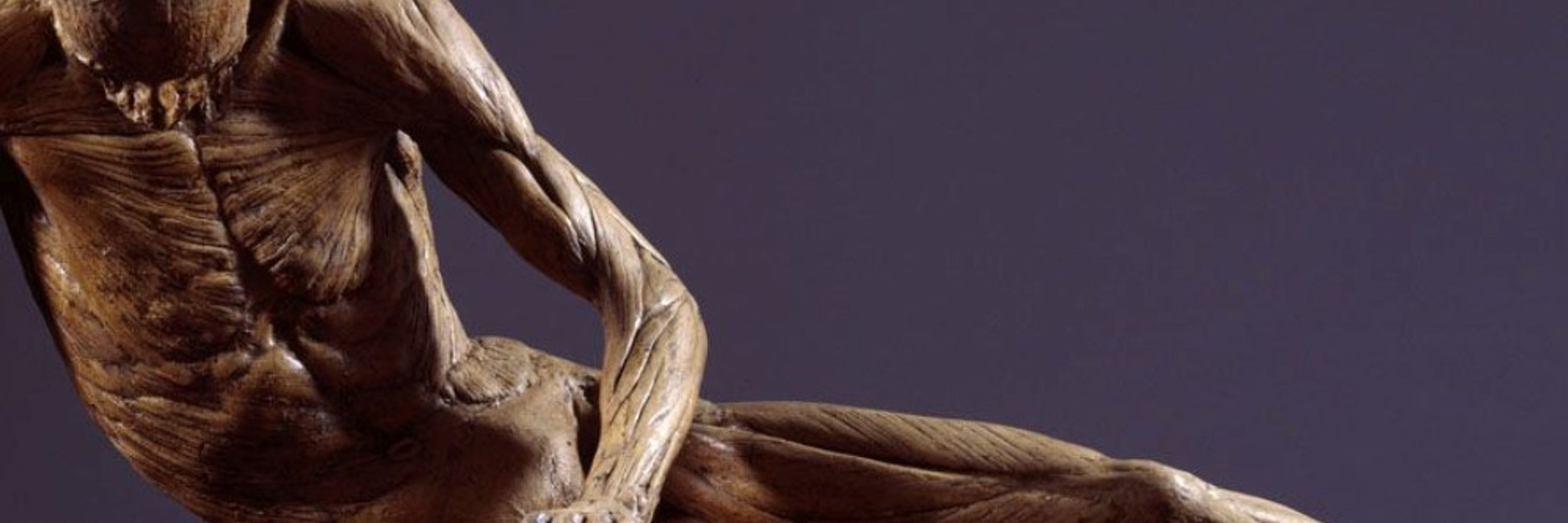
Ceramic hedgehog dated to the Neolithic period found at the Hamin archaeological site near Shebotu Town in Inner Mongolia, China

Ceramic hedgehog dated to the Neolithic period found at the Hamin archaeological site near Shebotu Town in Inner Mongolia, China

